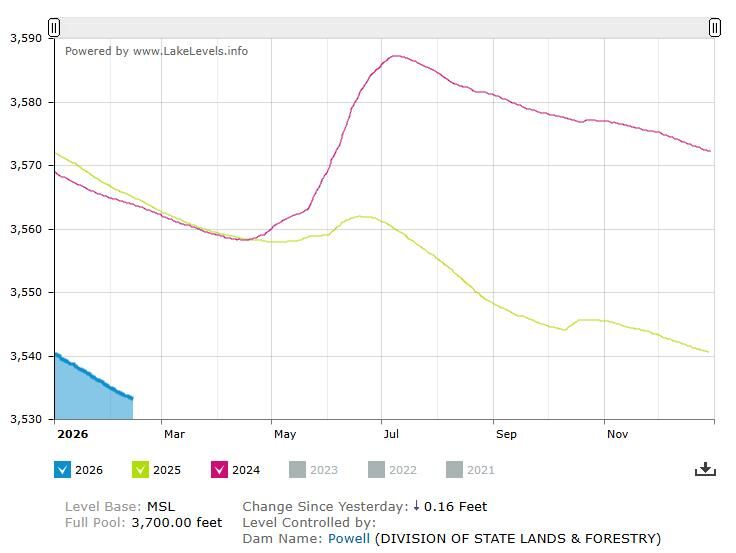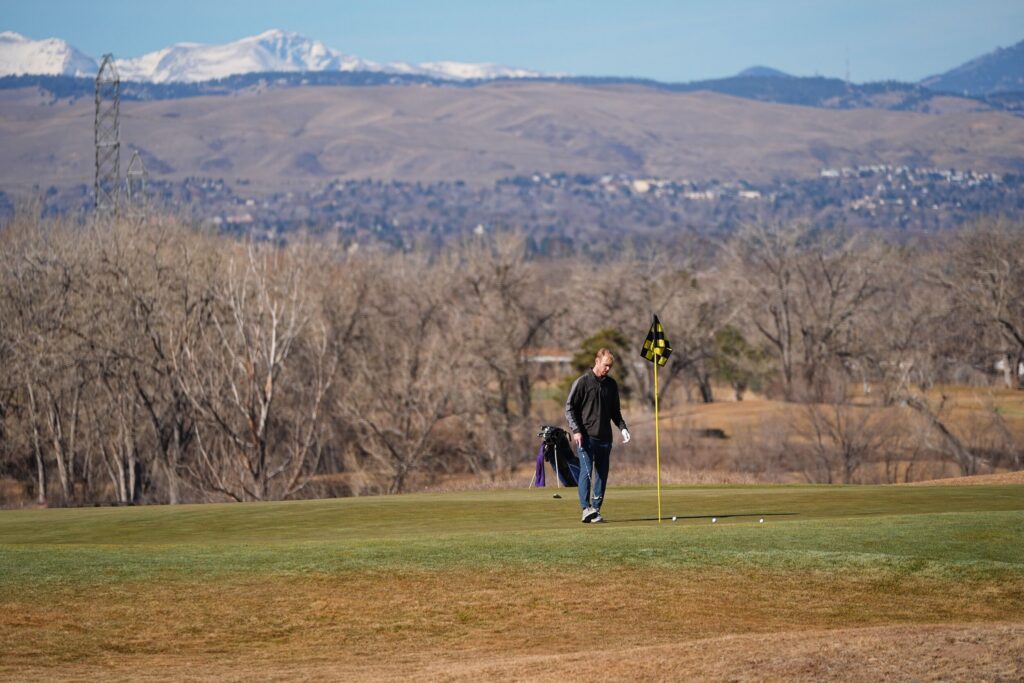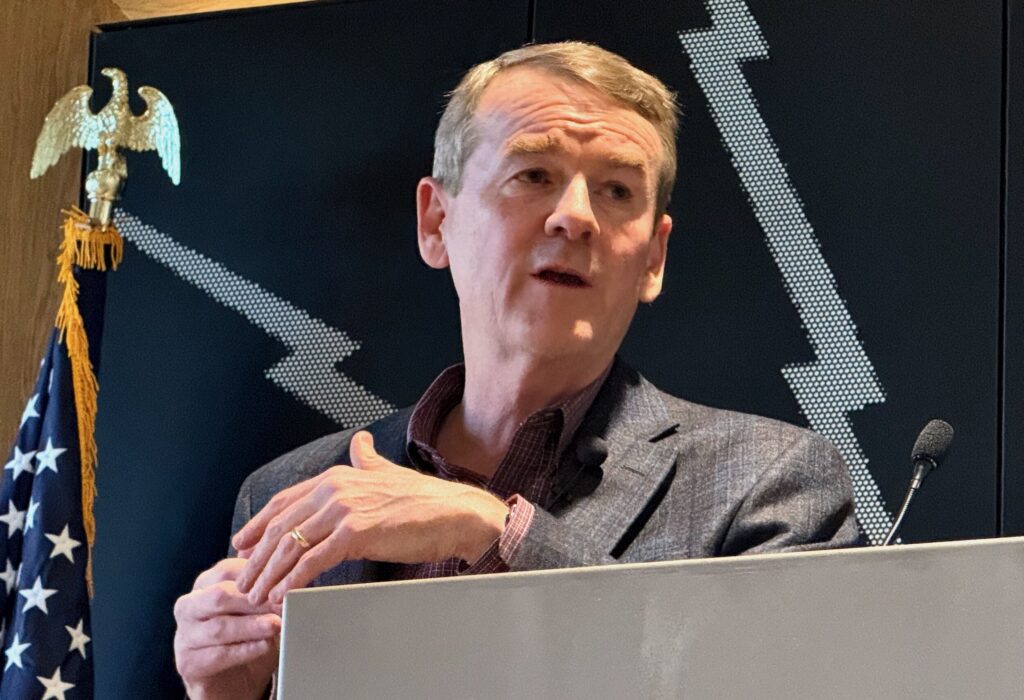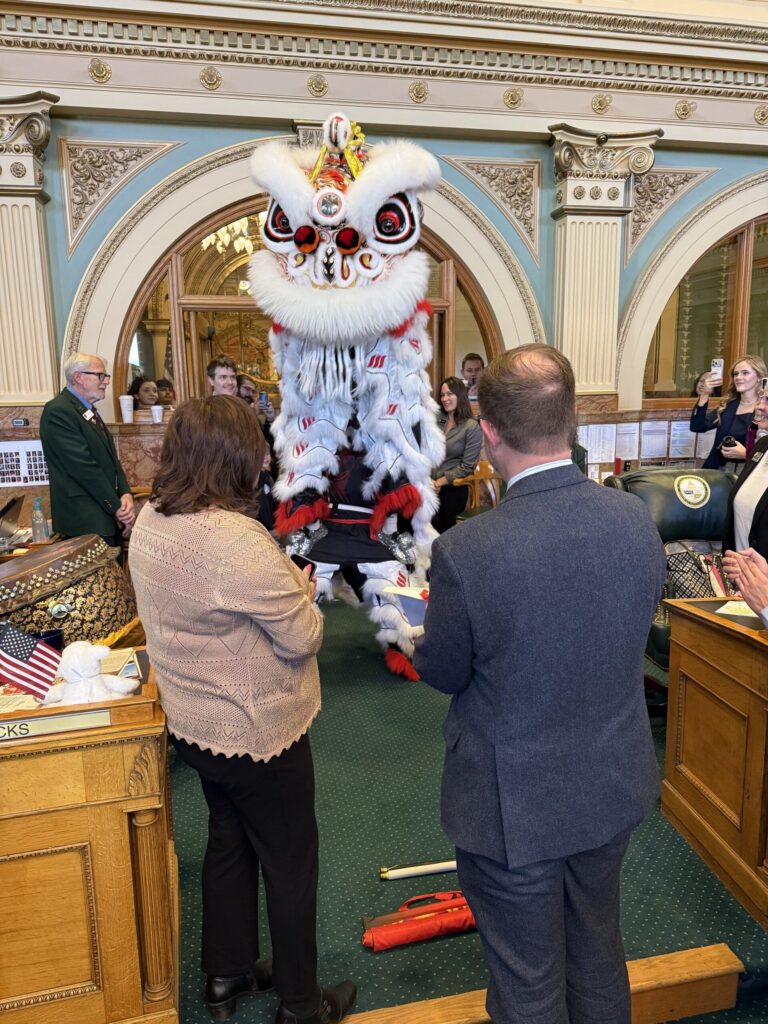Front lines of Colorado refugee resettlement uncertain, but optimistic over Trump travel ban
Zainab Nader left Iraq for Denver as a refugee just four months ago.
She smiles big, ear-to-ear, with an infectious laugh when she talks about her short time in Colorado and reuniting with her brothers who left Iraq for Denver eight years before her.
“I’m happy when I see my brothers,” she said, pushing out the words in between giggles.
Nader, who agreed to speak with The Colorado Statesman under a pseudonym, jokes about the heat in Iraq and juxtaposes it against Colorado’s weather, which is very pleasant – even when it rains or snows.
“I like this country because I can do anything, I can learn anything,” she said.
She was a teacher in her home city of Basra, Iraq. The city has a few problems; she uses an iPhone to translate the words “explosion” and “killing” in describing those issues in her hometown in southern Iraq.
But, the death of her sister after a heart attack was the impetus for her leaving for America.
After four years of waiting, she finally got her ticket to America and arrived in January. She likely just missed the mass confusion and protests that ensued after a President Donald Trump executive order went into place, banning travel into the U.S. from seven Muslim-majority countries.
It left refugees, their families and those on the front lines of refugee resettlement in Colorado with a sense of uncertainty.
On Thursday, a federal appeals court upheld a suspension of a Trump administration revised travel ban, which was crafted to avoid legal challenges and excluded Iraq from the original list of countries under travel restriction, reducing the list to six Muslim-majority nations.
The court sided with challengers who said the ban “in context drips with religious intolerance, animus and discrimination,” according to The Washington Post.
The ruling sets up, as The Washington Post notes, a likely Supreme Court battle over the White House’s ban.
Colorado refugees
More than 2,000 refugees were expected to arrive in Colorado this fiscal year, which started in October, but the travel ban has throttled that estimate. About 1,000 have been resettled thus far, and the state only expects an additional few hundred new arrivals, said State Refugee Coordinator Kit Taintor. She noted under President Barack Obama, the U.S. had planned to bring about 110,000 refugees, but Trump has reduced that number to about 50,000.
The Ethiopian Community Development Council-African Community Center had expected to help 625 of the state’s refugees transition largely into the Denver community – though some refugees will find new homes in Colorado Springs, Fort Morgan or Greeley – Managing Director Melissa Theesen said.
The nonprofit helps refugees flee violence and persecution in their homelands, which span the globe. It’s one of three organizations resettling refugees in Colorado – the other two being Lutheran Family Services and International Rescue Committee.
The center’s team of about 50 helps aid refugees in their transition by helping with housing, finding employment or training for a job or connecting them with health care services, among other services.
Uncertain but optimistic
Theesen said what can sometimes occur with the confusion surrounding the executive orders in court is those seeking refuge can get stuck in the system. Travel documents can expire, and a lengthy vetting process has to be started over. That can leave people stranded in danger, while families already in the U.S. wait for their other members to join them.
“There are 21 million refugees in the world and less than 1 percent have been resettled,” Theesen said.
In the wake of the first travel ban, Theesen said refugees’ trips were canceled and then delayed by weeks. Many people overseas are worried about not being able to join their families in the U.S., she said.
And, staff have sometimes been left confused on what the impact will be at the local level.
However, Theesen sees a silver lining.
“I feel optimistic that our judicial branch has been responding so quickly to the executive order,” she said.
Theesen said in the wake of the travel ban’s initial enactment, there was a greater sense of welcoming in Denver.
“We have seen a great outpour of support,” she said. “Many people came here asking about how they can help.”
With refugee resettlement agencies relying heavily on federal funding, policy coming out of the White House has seen organizations in other states have to make cutbacks. However, as community center specialist Hannah McMillen pointed out, the state has been very supportive of refugee settlement for a long time and that has helped local agencies avoid drastic cuts to services.
Recently, the ECDC-African Community Center revived its monthly community dinners, welcoming members of the community, volunteers and refugees to break bread together. Theesen said it’s a way for refugees to connect with the community.
Just four months in, Nader has excelled in the community center’s sewing training program, and with her background in design in Iraq, she will be part of a fundraising gala July 21.
She’ll partner with a Denver designer to co-design evening gowns. The community center and Nader hope through the process, she can connect with industry people who can help her find a future job in the fashion and apparel industry.












